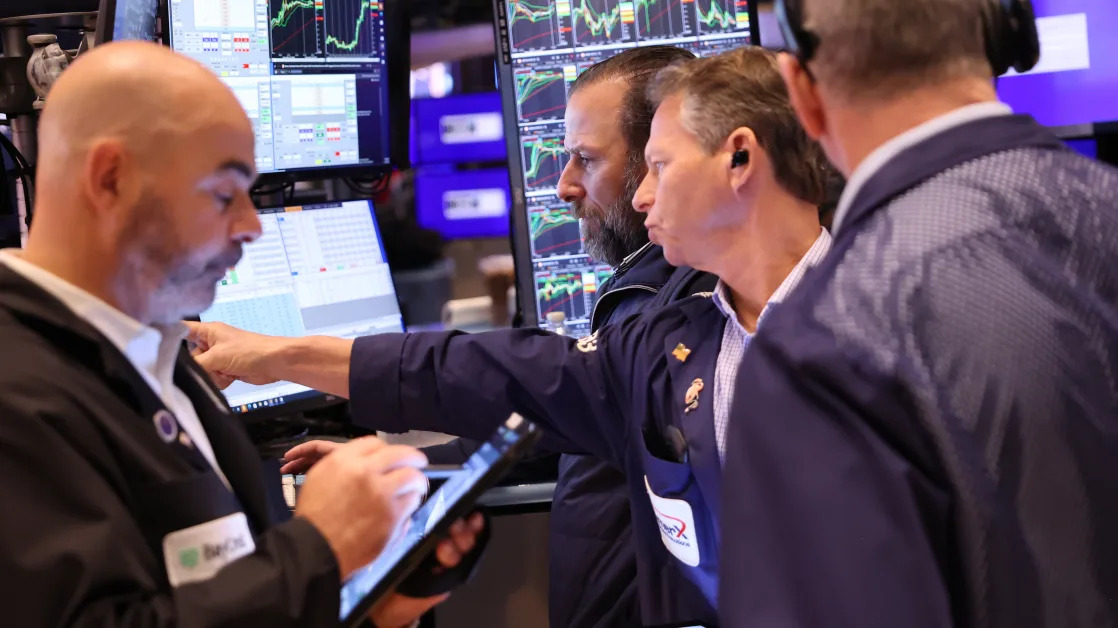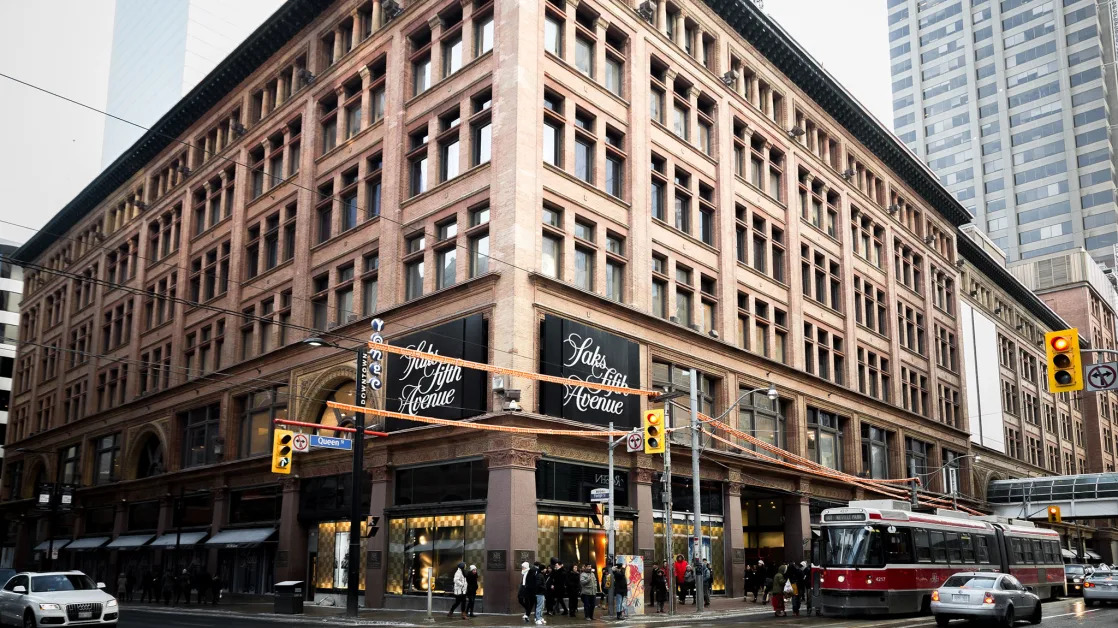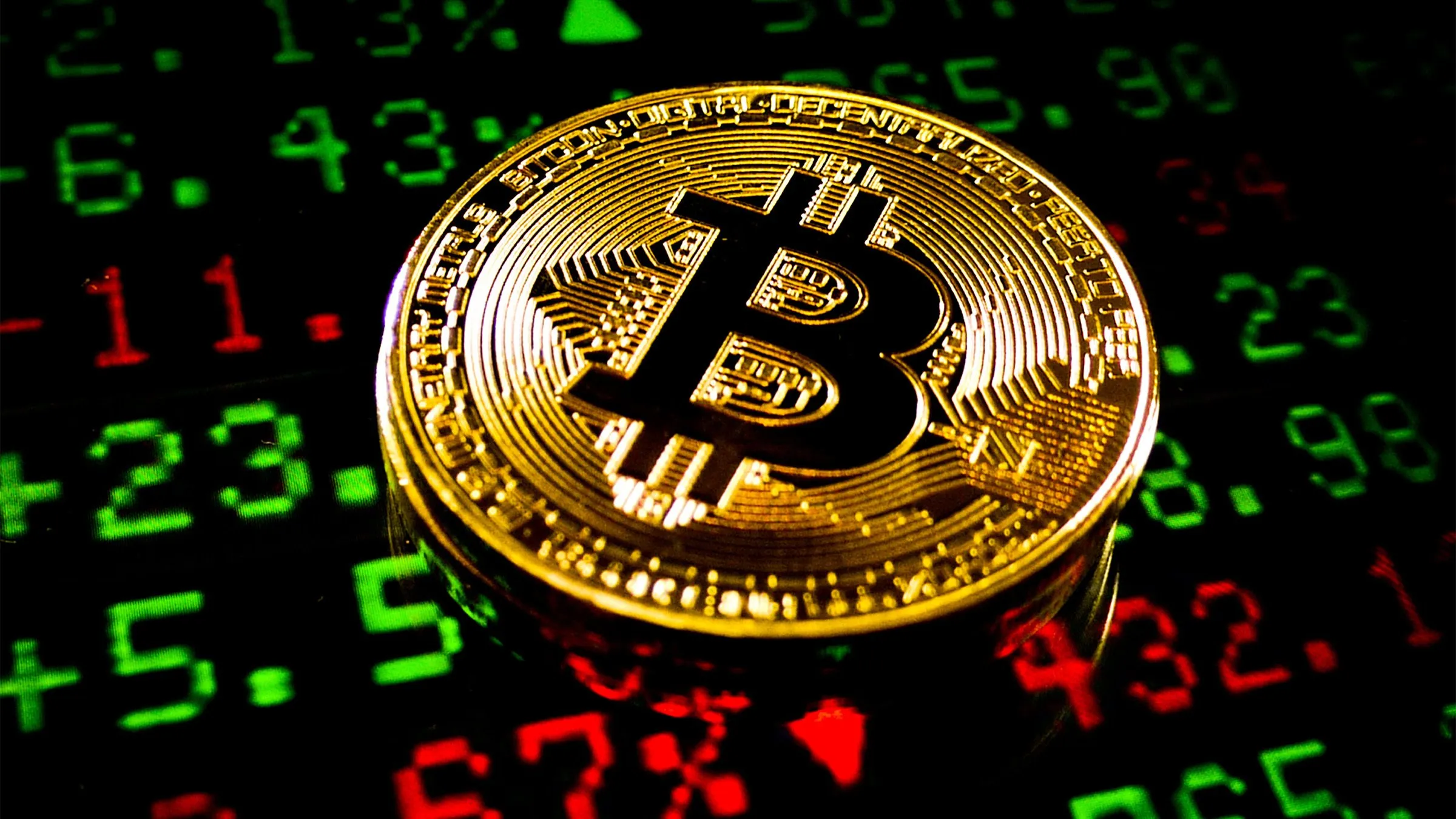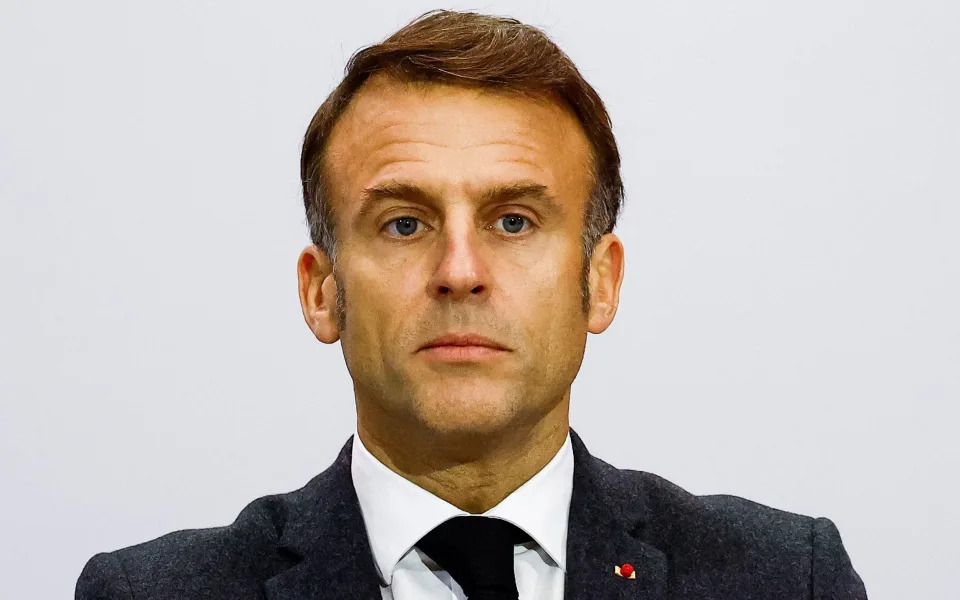
French borrowing costs have soared and the country’s stock market has slumped, as investors take fright at political chaos and mounting debts .
Five-year borrowing costs climbed to 2.7pc on Wednesday, more than the rate paid by the Greek government at 2.5pc. French 10-year bond yields are also only slightly lower than Greece’s. A year ago, Paris’s borrowing costs were comfortably below Athens on both measures.
French stocks also plunged on Wednesday, with the benchmark Cac 40 index down 1.2pc by lunchtime.
Investors are dumping French assets amid concerns about political instability. Marine Le Pen’s far-Right National Rally party is threatening to bring down the government in a row over the budget. Michel Barnier, the prime minister, is trying to raise taxes and restrain spending with the aim of reducing borrowing to 5pc of GDP next year.
The French government is poised to run a budget deficit equivalent to more than 6pc of GDP this year despite efforts to move the finances closer to the black.
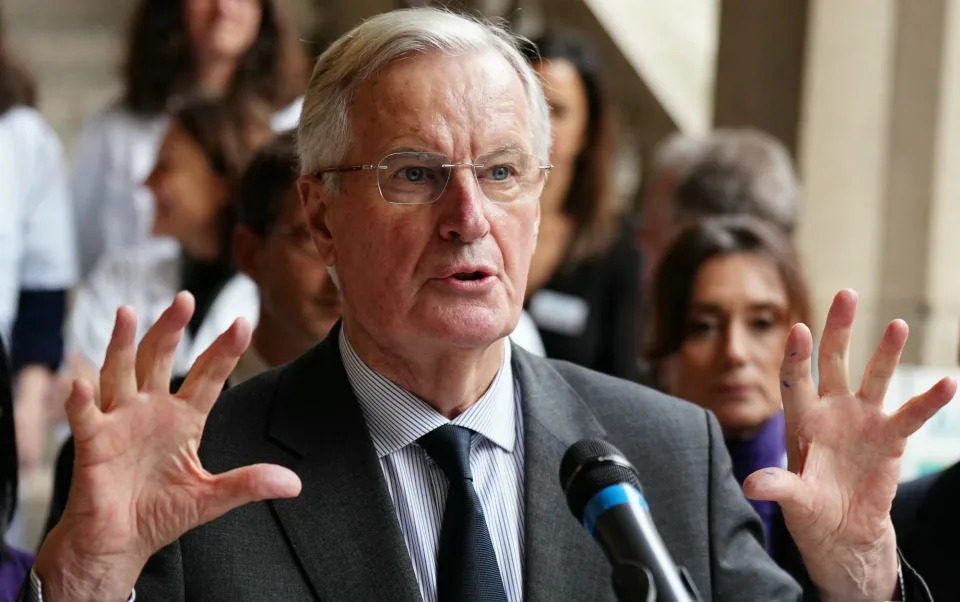
Mr Barnier is running a minority government following President Emmanuel Macron’s unsuccessful bid to boost his authority with a snap election earlier this year, meaning the administration is highly vulnerable to a rebellion.
A rise in borrowing costs piles yet more pressure on France’s finances. National debt is projected to rise from just over 110pc of GDP last year to 113.8pc next year.
Loredana Maria Federico, economist at UniCredit, said there was a growing risk that ructions in bond markets could spread to the wider economy, “particularly if the current government were to face a no-confidence motion”.
She said: “Investors remain concerned about political developments in France, especially due to the government’s difficulties in approving next year’s budget.”
At the same time, investors are increasingly worried about the impact of Donald Trump’s threatened tariffs on Europe .
Analysts at Barclays said: “Europe is expected to be one of the main losers of ‘America first’ policies, and unsurprisingly we’ve seen outflows from the region tick back up since the election. Most investors seem willing to allocate their next investment dollar to the US over Europe for the foreseeable future.”
Greek borrowing costs were stratospheric for years after its sovereign debt crisis and a series of bailouts, while France – judged by investors to be far less risky – benefitted from its status as a “core” eurozone nation and so paid a much lower interest rate.
However, now Greece is deemed to be increasingly reliable as it gets its debts under control, while the French government is struggling to reduce its level of annual borrowing.
Broaden your horizons with award-winning British journalism. Try The Telegraph free for 3 months with unlimited access to our award-winning website, exclusive app, money-saving offers and more.



